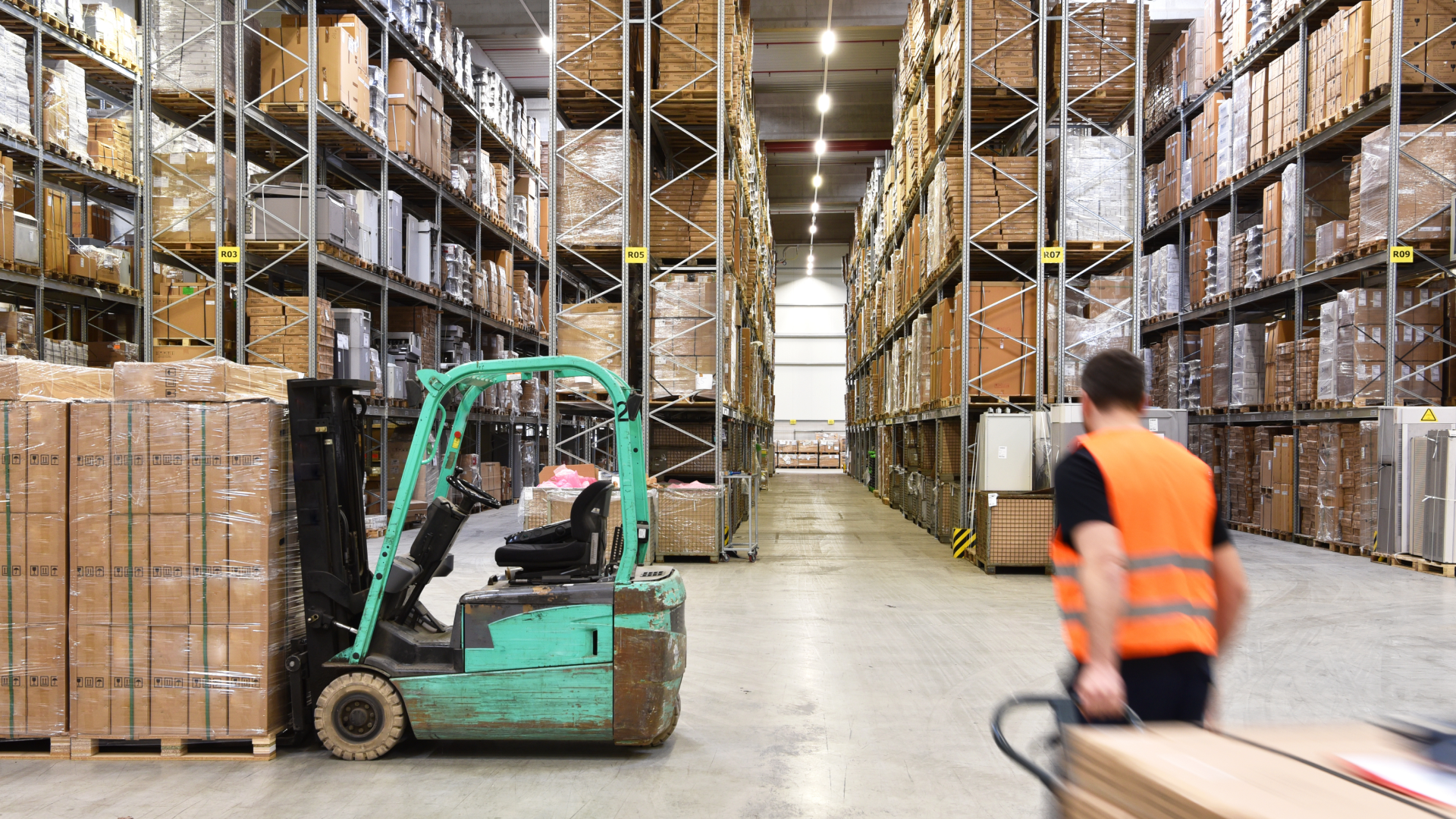It can happen in a split second—a loose ceiling panel crashes down in a retail store, tools drop from scaffolding on a construction site, or an unsecured box topples off a warehouse shelf. When falling objects cause injuries, the aftermath can be serious—and expensive.
At Dermer Law, we understand that sometimes, sh!t happens—but that doesn’t mean you should be left with the bill. If you’ve been hurt due to a falling object, you may have a valid personal injury claim. Here’s what you need to know.
Common Scenarios Involving Falling Object Injuries
These incidents can happen anywhere, but they’re especially common in:
- Retail stores and supermarkets – Improperly stacked merchandise or hanging displays
- Construction sites – Tools, materials, or debris falling from above
- Warehouses and factories – Heavy items dislodged from shelves or conveyors
- Office buildings or hotels – Loose fixtures, broken lighting, or collapsed ceiling tiles
- Public sidewalks or parking garages – Falling signs, tree limbs, or debris from nearby structures
In many cases, these accidents are entirely preventable with proper safety protocols.
Who Can Be Held Liable?
Depending on where the injury occurred and who was responsible for maintenance or supervision, several parties could be held legally accountable:
- Property owners or business operators – For failing to maintain a safe environment
- Employers or contractors – In construction or industrial settings where OSHA violations may apply
- Manufacturers – If a product or fixture failed due to a design or manufacturing defect
- Third-party vendors or service companies – Who caused or failed to secure hazardous items
Even if the object “fell out of nowhere,” that doesn’t mean no one is responsible. The law often assumes that those in control of a space or object have a duty to keep it safe.
Legal Grounds for a Claim
To file a successful personal injury claim after being struck by a falling object, you’ll generally need to prove:
- Duty of care – The party responsible had a legal obligation to ensure safety.
- Breach of duty – That duty was violated (e.g., failing to secure equipment, ignoring warnings).
- Causation – The breach directly caused the object to fall and injure you.
- Damages – You suffered actual harm, such as medical bills, missed work, or pain and suffering.
What Kind of Injuries Are Common?
Falling object injuries can range from minor to life-altering. Some of the most common include:
- Head injuries and concussions
- Neck and back trauma
- Broken bones
- Lacerations and bruises
- Permanent disability in severe cases
Always seek immediate medical attention—even a “minor” head injury can turn serious if left untreated.
What Compensation Can You Recover?
Depending on the severity of your injuries and the circumstances of the accident, you may be entitled to compensation for:
- Medical expenses (emergency treatment, surgery, rehab)
- Lost wages or future earning potential
- Pain and suffering
- Emotional distress
- Long-term disability or disfigurement
In cases of gross negligence, punitive damages may also apply.
How Dermer Law Can Help
We don’t believe you should carry the cost of someone else’s carelessness. At Dermer Law, we investigate falling object injuries thoroughly—whether the incident occurred in a public place, on the job, or in a private setting.
Our team gathers evidence, interviews witnesses, and works with experts to prove negligence and secure the maximum compensation for your injury.
When Sh!t Happens, You Don’t Have to Face It Alone
Unexpected accidents are frustrating—and often avoidable. If you’ve been injured by a falling object, contact Dermer Law for a free consultation. We’ll help you understand your rights, explore your legal options, and fight for the compensation you deserve.



